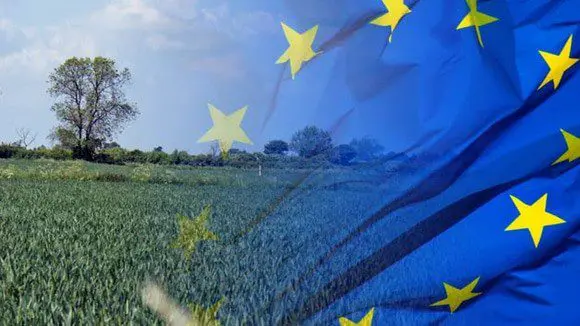COMECE welcomes the CAP reform and encourages the EU to make it part of a broader ecological transition
On Tuesday 23 November 2021, the European Parliament adopted a new legislative framework on the financing, management and monitoring of the Common Agricultural Policy (CAP). COMECE: “The reform should be in line with the requirements of the European Green Deal and embedded in a fundamental transformation of the entire food chain”.
The European parliament took a major step forward on the Common Agricultural Policy, clearing an important hurdle for the new agricultural programme for 2023-2027, to enter into force on 1 January 2023.
The CAP reform consists of three main points: a) “eco-schemes”, providing direct payments to farmers who apply animal and environmentally friendly practices; b) “social conditions” requiring EU social and labour legislation to be respected in the agriculture sector; c) and National Strategy Plans (NSPs) adapting agriculture to the respective cultural and climatic conditions, while complying with the principles of the European Green Deal.
The adoption of the new legislative framework on CAP implies that Member States should prepare and submit their National Strategy Plans to the European Commission already by the end of December 2021. Moreover, another challenge comes from the Member States’ limited willingness to implement the principles of the European Green Deal in their agricultural policies.
COMECE welcomes the legislative initiative, highlighting the need to “embed the reform in a fundamental transformation of the entire food chain and our eating habits” as encouraged in Pope Francis’ Encyclical LetterLaudato Si’.
“To achieve the necessary ecological transition, European Agricultural Policy should create conditions for farmers that enable them to produce ecologically responsible and healthy food, while receiving a stable and decent income. For this, however, policy must offer them a longer-term perspective.”, COMECE continues.
COMECE encourages the EU institutions and the Member States “to involve all stakeholders in the entire chain – food industry, food trade, transport and consumers – in the implementation of the new legislative framework”. Furthermore, in order to prevent social injustice and ecological overexploitation of existing ecosystems in other parts of the world,COMECE “urges to duly consider the global impact of European agriculture policy and consumption patterns”.
The Common Agricultural Policy is the oldest communitarised policy area of the European Union, receiving around 34% of the EU budget, making it the largest beneficiary of EU funds.







